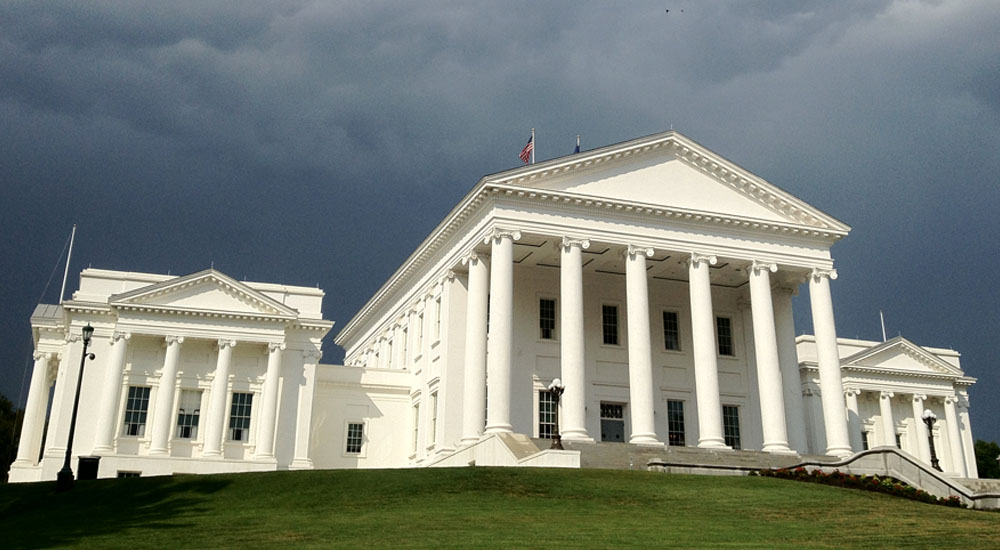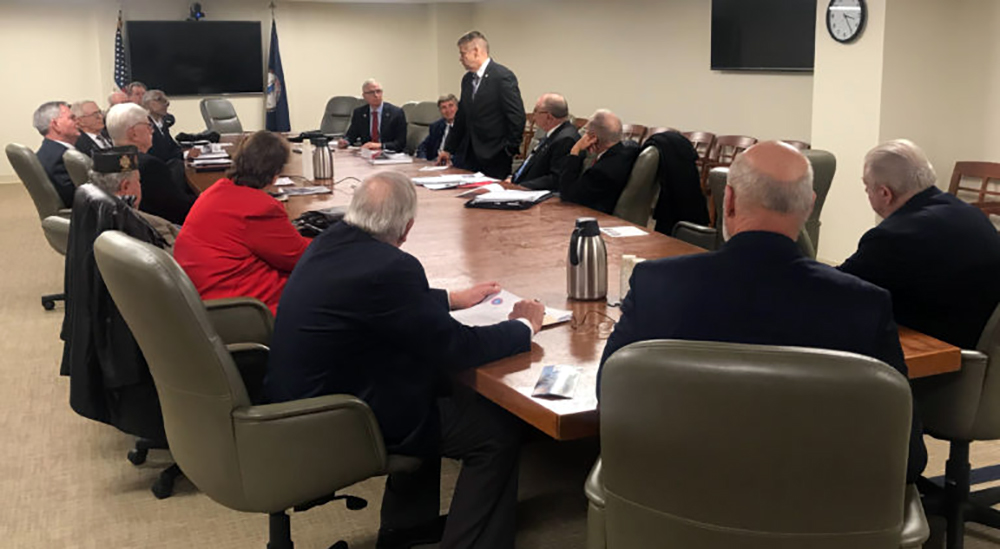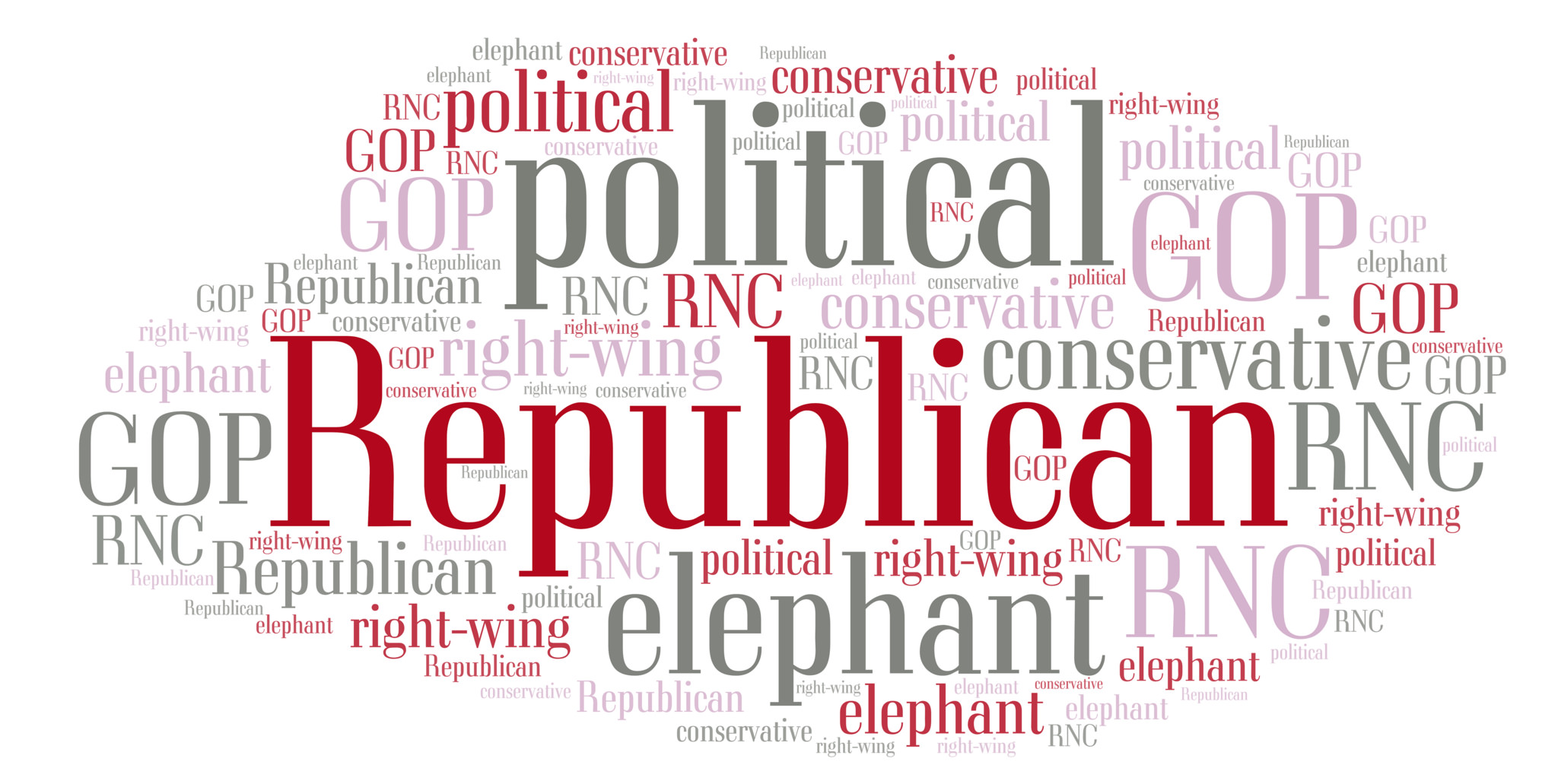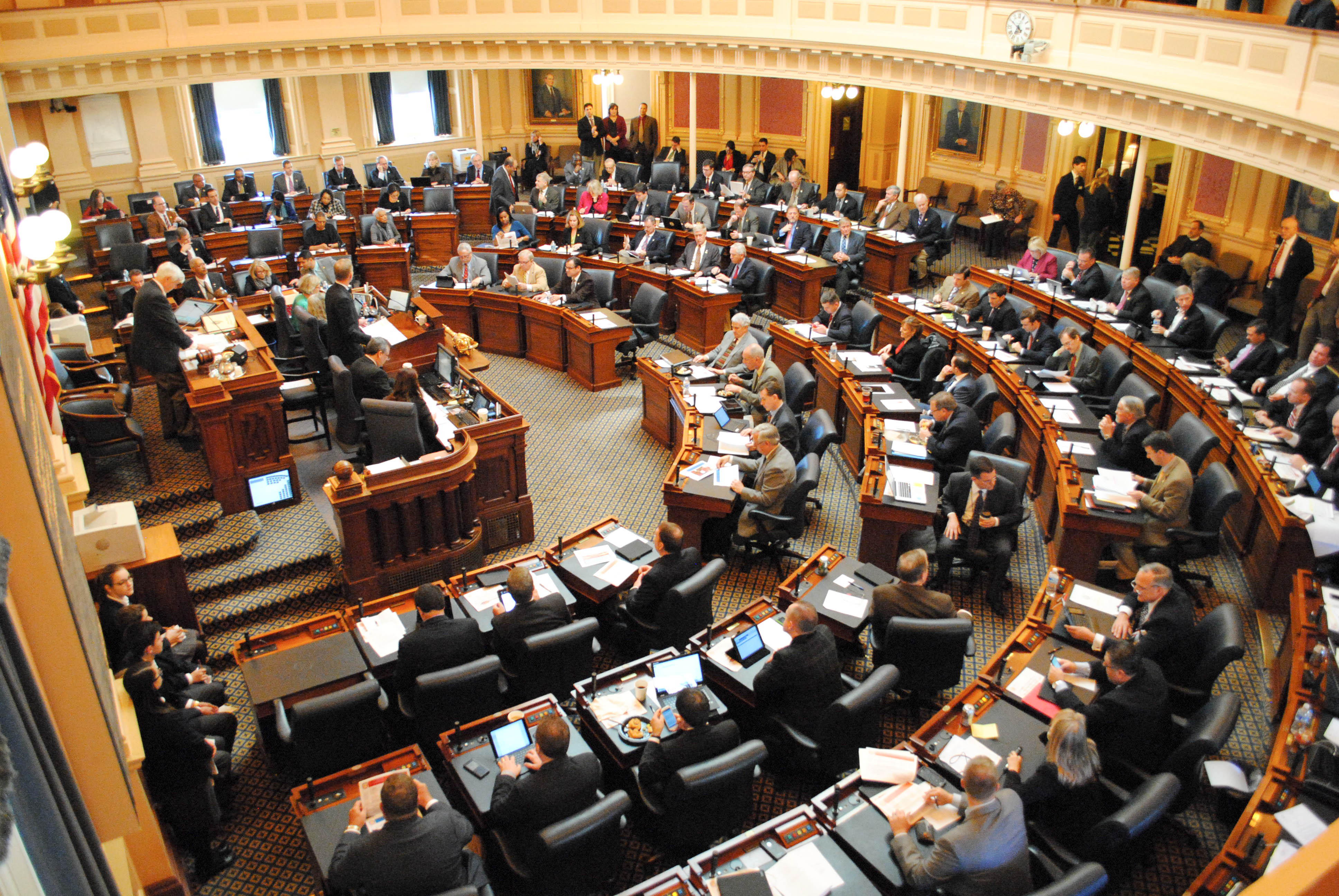The House Education Committee took up a few bills Wednesday stemming from the findings provided by the Select Committee on School Safety. The first select committee formed in the Virginia state legislature in 155 years was created after the February 2018 school shooting in Parkland, Florida.
After the November authorization of the 24-point priority recommendation plan to increase security in schools, Speaker of the House of Delegates Kirk Cox (R-Colonial Heights), who leads the committee, said the “final product would be comprehensive and consensus-driven.”
Addressing the committee, Speaker Cox said the work done by the select committee was “groundbreaking.”
Referencing comments made by the Virginia General Assembly’s Joint Legislative Audit and Review Commission (JLARC), Cox added, “good news for Virginia…in so many different areas, Virginia was a leader…in the top five of states on school safety.”
The plan from the bipartisan select committee includes realigning the role of school counselors, statewide mental health and suicide prevention efforts, increasing funding for school resource officers, and bolstering school security grants, according to the Select Committee on School Safety’s “Priority Recommendations” report.
Even though dozens of school safety-minded bills have been forwarded, just a few were taken up Wednesday morning.
House Bill 1733, patroned by House Majority Leader Todd Gilbert (R-Shenandoah), would require a school division to enter into a memorandum of understanding with a local law enforcement agency that sets forth the powers and duties of the school resource officers (SROs). The legislation was passed unanimously by the 22 members on the committee.
House Bill 1725, introduced Delegate Barry Knight (R-Chesapeake), dictates that each school board must cooperate with local building officials and a local fire marshal to develop a procurement plan to ensure that all security enhancements to public school buildings are in compliance with the Uniform Statewide Building Code and Statewide Fire Prevention Code. The bill passed with a unanimous vote.
House Bill 1732, sponsored by Delegate Israel O’Quinn (R-Bristol), would set forth annual safety training in public elementary and secondary schools. Principals would be required to develop and deliver – to each student and employee – training on safety procedures in the event of an emergency situation on school property. The bill passed with a unanimous vote.
House Bill 1738, introduced by Majority Whip Nick Rush (R-Floyd), would require a licensed architect or professional engineer to approve all plans and specifications for new or remodeled public school building construction. Moreover, the designee must be trained and experienced in crime prevention through environmental design. The bill passed with a unanimous vote.
House Bill 1729, introduced by House Education Committee Chairman Steven Landes (R-Augusta), would require school counselors across the state to spend at least 80 percent of their time counseling students. The bill passed with a unanimous vote.
House Bill 1752, patroned by Delegate Paul Krizek (D-Alexandria), would create a school holiday on the first Tuesday of November, which is Election Day. The legislation would alleviate the chance that schools are full of students, staff, and teachers when elections are held in case of an emergency on school grounds. The bill passed with an 18-3 vote.
Delegate Landes also proposed House Bill 1615, which would change the date of June primary elections from the second Tuesday of the month to the third Tuesday so schools will not be in session. That bill, however, was not taken up Wednesday.
Delegate Rush’s House Bill 1739 specifies that security equipment in schools includes software and mobile applications, which is eligible for grants through the Public School Security Equipment Grant Act of 2013, but was not voted on.











